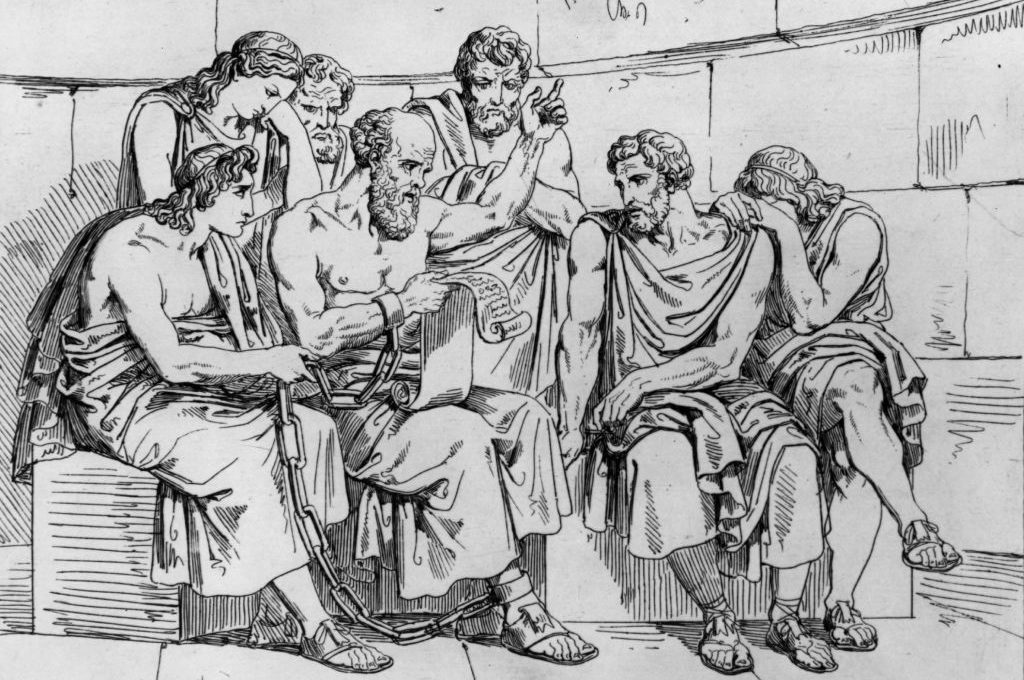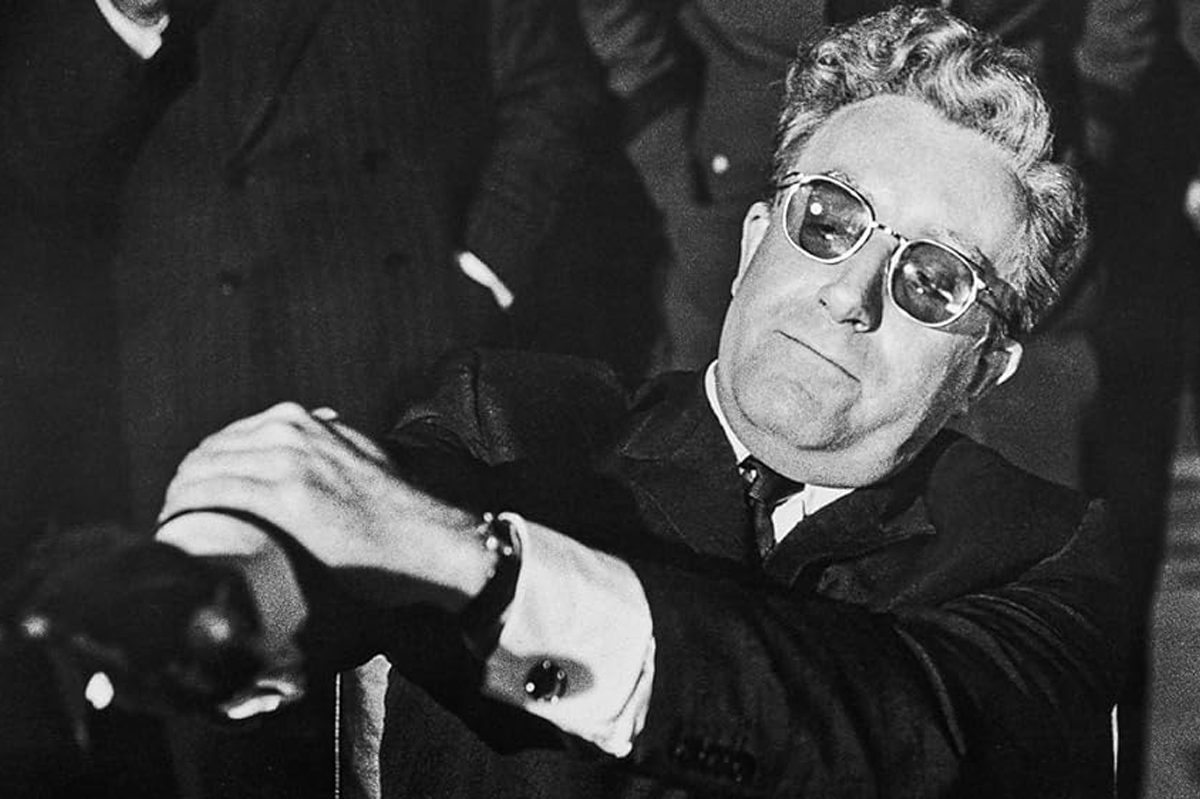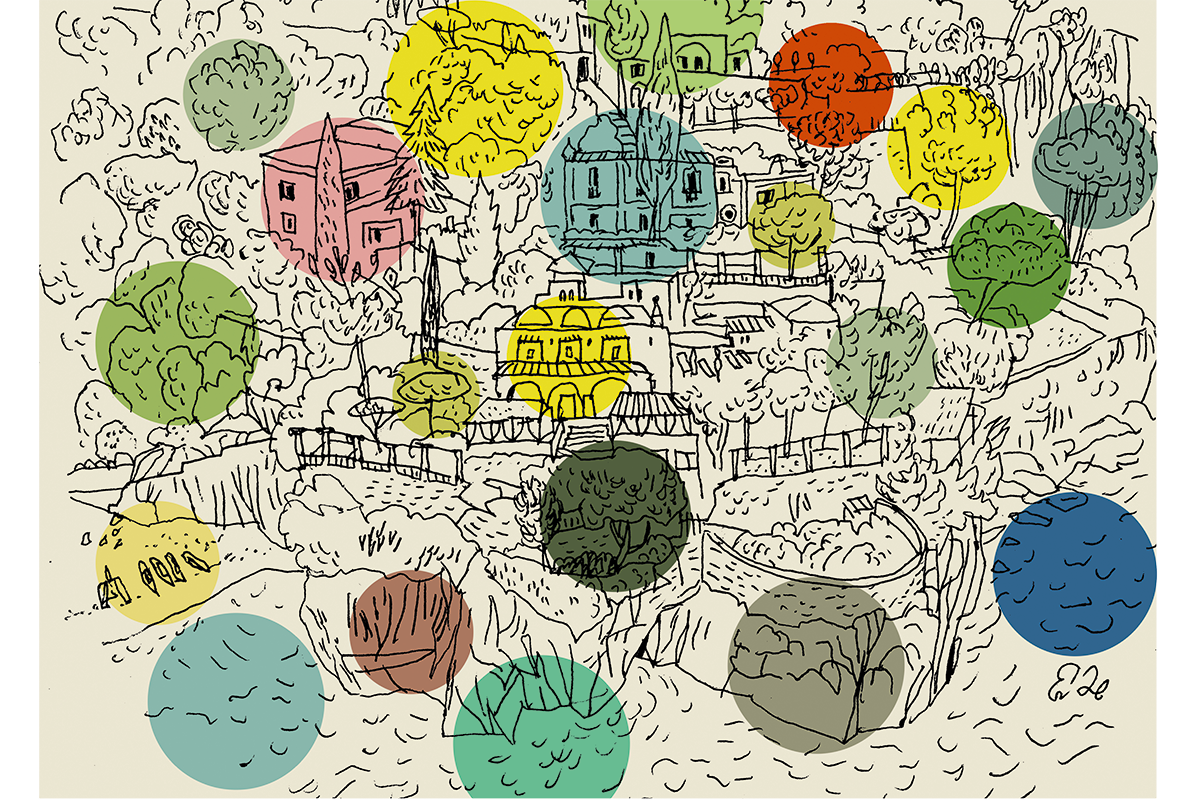It has it been widely noted that, as Western culture generally has grown steadily more materialistic in its values and interests (as if it were ever anything else, ungenerous critics might suggest) over the past half-century, it has become simultaneously more abstracted in its mental habits and orientation? Chesterton described a paradox as truth standing on its head to draw attention to itself. In this instance, we have an obvious example. But it’s a good question how this particular one came to be.
Ancient Greece was an intensely intellectual world of ideas that were firmly grounded in empirical reality and in observed and confirmable truth. The Greeks admired two types of men above all others, the man of war and the man of philosophy, and so, to a lesser degree, did the Romans after them. Medieval Europe acquired a respect for learning and logic that was the equal of their classical forebears’, thanks almost entirely to the Church of Rome — by rediscovering classical thought and culture on the one hand and, on the other, adapting them to a new culture grounded in the highly sophisticated Christian philosophy of the Schoolmen.
Nevertheless, the feudal society of the Middle Ages, having agriculture for its economic and social basis, honored and paid obeisance to the lords of the great manors, many of whom were also their heroes in battle and in chivalry. In their fealty to their lords, their overlords and the feudal system as a whole, they were acting on an instinct that proved to be sound, since it was precisely these men who, owing to their experience in managing small but nevertheless complete worlds, developed the practical and human talents required to legislate in Parliament, parlements and other bodies from which representative government and later modern democracy evolved.
Manorial societies were gradually superseded by trading ones, which were similarly dependent upon the practical experience, principles and values of the Renaissance merchant princes who scoured the world for new sources of material wealth — and in the development of the trading routes which delivered the great fortunes that gave them entry to politics and the great affairs of state. The merchants were joined at the beginning of the nineteenth century by the early industrialists whose enterprises benefited directly from the latest discoveries of science; some of them were practical scientists and successful inventors themselves. By mid-century many of these men — the titans of industry, the industrial plutocrats — had become nationally and internationally famous, a few of them even popular heroes among the new industrial masses. In doing so, they helped to create the modern mass mind and give it content. In fact, they did more: they embodied it through their devotion to the practical, the pragmatic, the quantitative and the material, whose patent of reality was its tangibility. This quality of mind, this way of thinking and feeling established during the first half of the 1800s, formed very rapidly and solidified as quickly; and for the rest of the century and nearly up until the end of the following one it appeared to be the mind of the everlasting future itself, surviving theories of relativity, quantum physics and what might have been other challenges to its hold on the Western imagination.
World War Two changed much of this. A world conflict had been won by the atom bomb — by science and by scientists — and the ensuing Cold War and the space race confirmed the primacy of what came to be known as the “knowledge industry.” Largely in order to guarantee the West’s military supremacy over the East, the US federal government commandeered higher education in America. Universities were transformed from institutions dedicated to the transmission of the liberal arts and a sustained culture into intellectual dynamos for the production of useful knowledge through scientific enquiry and development. In the minds of the educated classes first, and later those of the classes beneath them, the president and chief executive officers of the great corporations (Ford, General Electric) that manufacture mere Things had ceased to be the avatars of modern civilization, superseded now by the great men of the new age who produce Concepts and Ideas and the digital machines that support and disseminate them. With blinding speed, Silicon Valley replaced Pittsburgh and Detroit as the center of productive innovation, and virtual reality was rapidly overtaking the thing itself. The dictionary defines “abstract” as “drawn; derived; also withdrawn; separate.” Subordinate meanings include “ideal,” and, in terms of painting and sculpture, “characterized by little or no reference to the appearance of objects in nature.” It is hardly coincidental that in the Age of Abstraction, fantasy, illusion and the substitution of the imagined for the real are prominent and even dominant, not just in the arts but in philosophy (such as it is today), politics, social policy, historical study and biology, where “woman” has been reduced from flesh-and-blood to a Concept, the product of perverted whimsy married to political ideology.
Thus in the twenty-first century the man of philosophic intellect has been restored to the status he enjoyed in ancient Athens. The difference, of course, is that the Greeks had a concept of the “intellect” that is the diametric opposite of our own.
This article was originally published in The Spectator’s January 2024 World edition.


























Leave a Reply